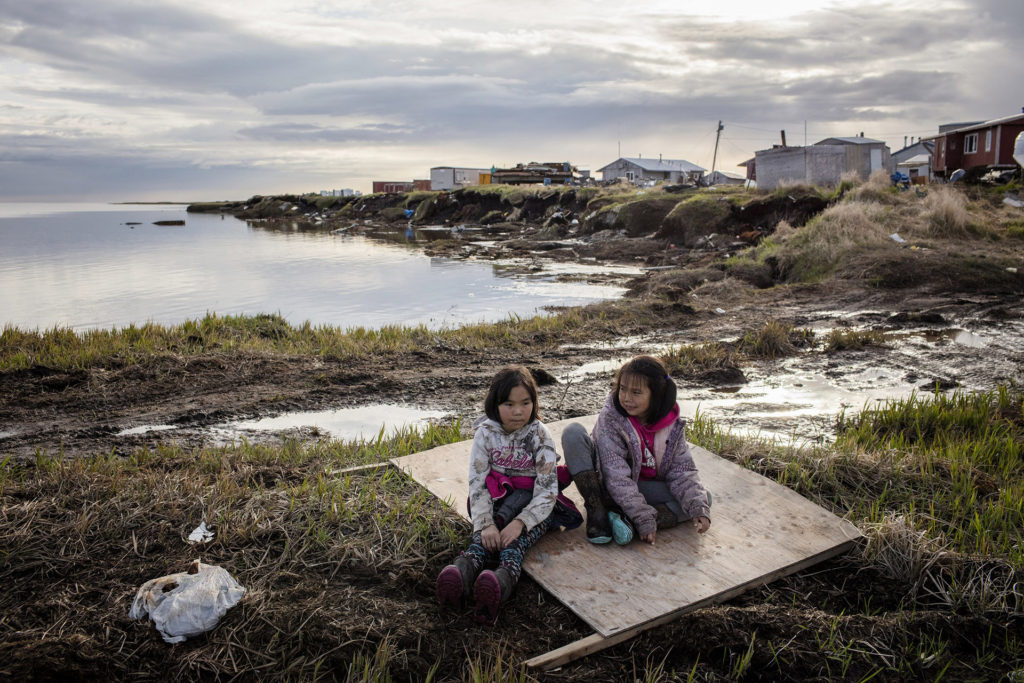Managed Retreat - the idea of abandoning sections of coastline that cannot be economically defended in a 'managed' way - is a deeply contentious topic. Like most aspects of climate change it moves at a very slow pace, offering many opportunities to change the subject or sweep it under the carpet.
Politicians are frightened of it, not least because lurking not too far under the surface is the prospect of enormous costs for relocation; so places like Fairbourne are potentially crucial precedents.
The subject has just (July 14 2020) had an airing on the US political website Politico here, accompanied by a deeply - gratuitously? - emotive photo.

Their introduction:
Millions of Americans are about to lose their homes to climate change. In a matter of decades, more than half of the land area of Hoboken, N.J., almost half of Galveston, Texas, and almost two-thirds of Miami Beach, Fla., will become uninhabitable due to sea level rise. The Union of Concerned Scientists warns that up and down the Atlantic and Pacific coasts, more than 300,000 homes worth a combined $117.5 billion are at risk of chronic tidal flooding in the next 30 years. And that’s likely an underestimate: A major report released in June shows that federal flood maps underestimate the number of homes and businesses at risk of flooding by a stunning 67 percent.
And it has been echoed by US sea level guru John England in a blog post here. To quote him:
The U.S. Government is largely silent about “retreat” from the coastline – or at least does not use that word. Retreat has powerful connotations, particularly for property owners. It implies surrender. It carries great economic and political sensitivity. For many coastal communities it poses an existential threat. Nonetheless, managed retreat is increasingly a topic of conversation, as sea level rises, pushing the high water mark ever higher, even in good weather. The worldwide policy problems posed by the need to relocate tens of millions is one the world has never had to confront.
This difficult and emotive subject isn't on any widely visible agenda in the UK at the moment. It should be.



